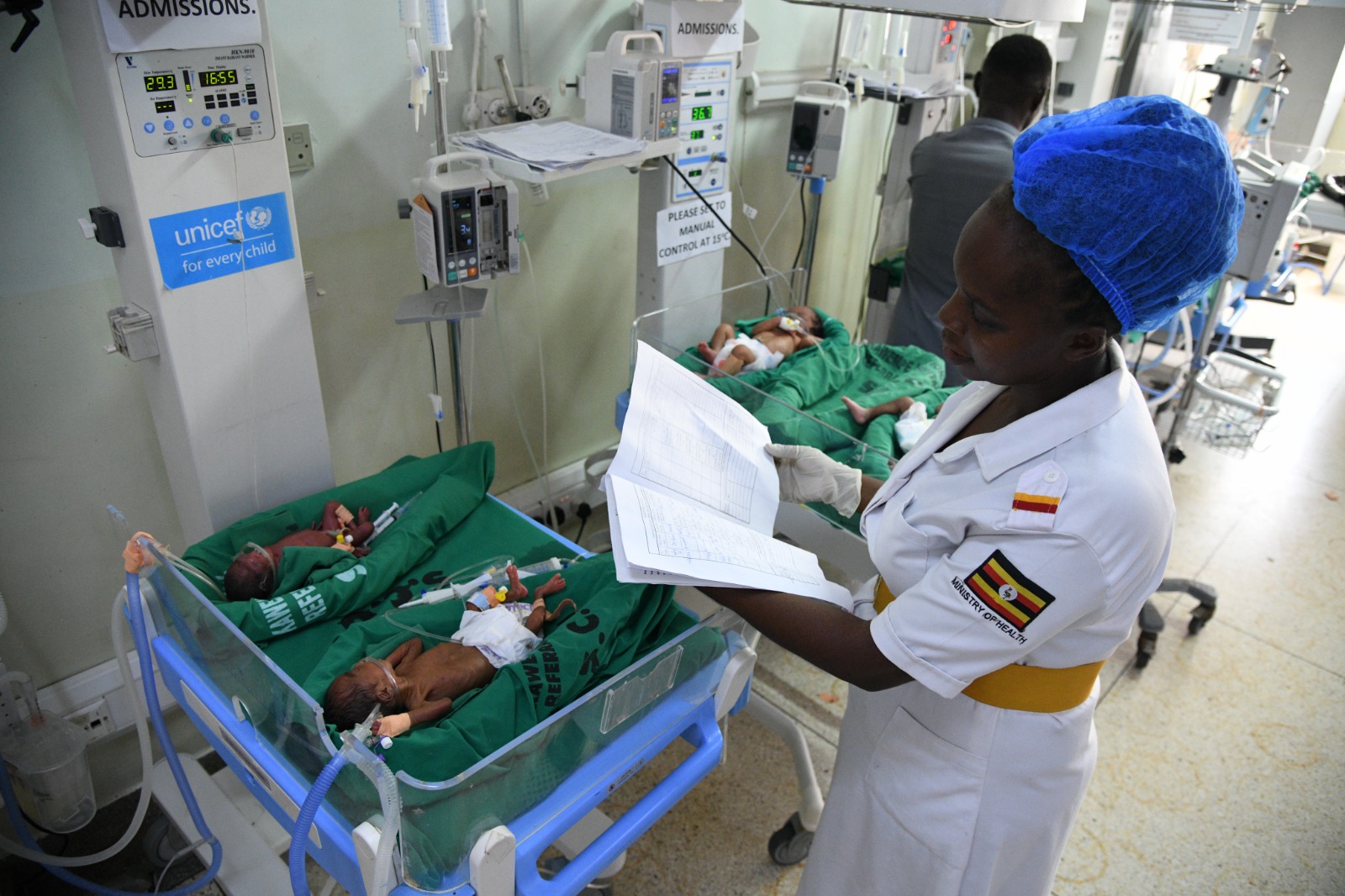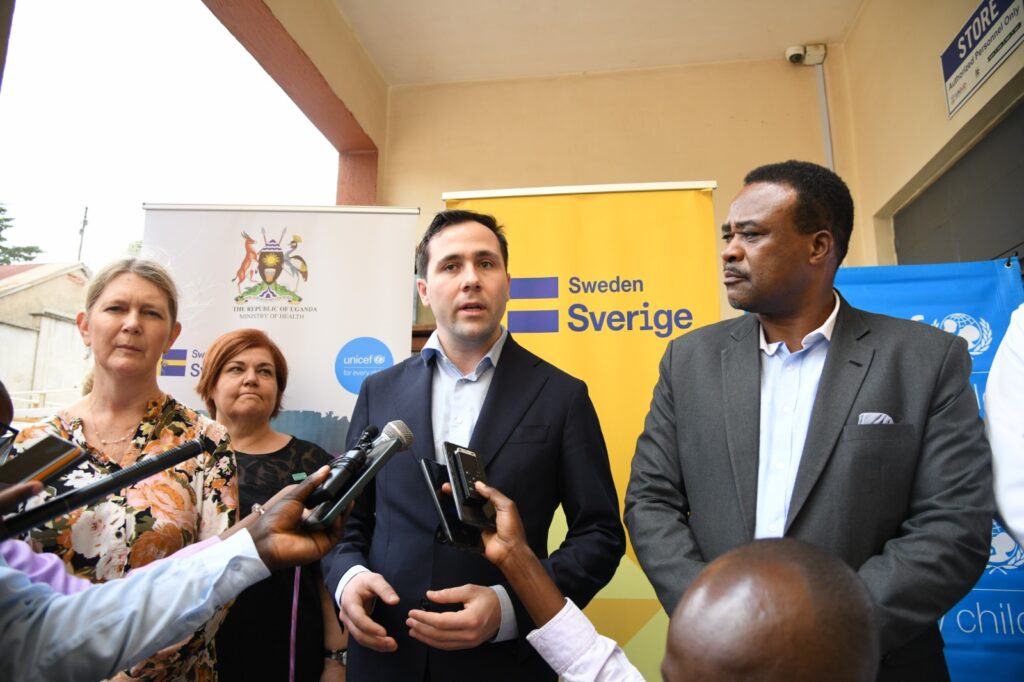
 Tiger FM
Tiger FM

 Tiger FM
Tiger FM
17 March 2025, 6:24 pm
By Edwin Okurmu Kisa
The Government of Sweden has today announced new funding to UNICEF to support the response to the Sudan Ebola Virus Disease (EVD) outbreak in Uganda.
The US$2 million contribution will be utilised by UNICEF over five months to support the immediate priorities of the Government of Uganda’s national Sudan EVD plan, with a focus on Kampala, its five political divisions, as well as the districts of Mbale and Jinja.
The response will focus on intensified and sustained risk communication and community engagement, infection prevention and control, water, sanitation, and hygiene (WASH), as well as other critical needs such as nutrition and mental health and psychosocial support. With this funding, UNICEF, together with the Ministry of Health and other partners, will strengthen coordination efforts at the subnational level and work to prevent the further spread of EVD.
Specifically, UNICEF will collaborate with the government and partners to intensify targeted risk communication and community engagement to ensure that communities are aware of Ebola prevention measures, recognise signs and symptoms, and are able to seek early care and report suspected cases to interrupt transmission.
A total of 8.1 million people are expected to benefit, both directly and indirectly, from these interventions.
Mr. Benjamin Dousa, Sweden’s Minister for International Development Cooperation and Foreign Trade, announced the new funding during a visit to Kawempe National Referral Hospital in Kampala, where UNICEF is contributing to the delivery of quality maternal and newborn healthcare services with support from Sweden.
“Sweden has supported responses to previous Ebola outbreaks in Uganda. We are glad to partner with UNICEF to once again provide critical support in response to the ongoing outbreak. Sweden’s contribution will strengthen the Government of Uganda and local systems at national, subnational, and community levels for timely prevention and response,” the minister said.

The UNICEF representative to Uganda, Dr. Robin Nandy, thanked the Government of Sweden for its new funding and the sustained partnership over the years, which has contributed to building stronger health systems and reducing preventable deaths, especially among children and mothers in Uganda. He particularly appreciated Sweden’s support for emergency responses, including the COVID-19 pandemic, which enabled mass vaccinations, the reopening of schools, and the re-entry of pregnant and teenage mothers into school.
“With the Swedish Government’s funding, our critical support for the Government of Uganda’s response plan will be strengthened. We believe that a sustained, integrated response will lead to the containment of the outbreak, saving the lives of children, women, and their families,” Dr. Nandy said.
UNICEF contributions in the on-going national Sudan EVD plan include: